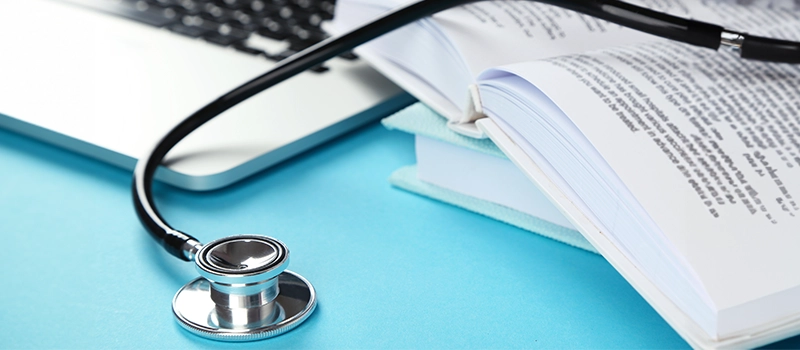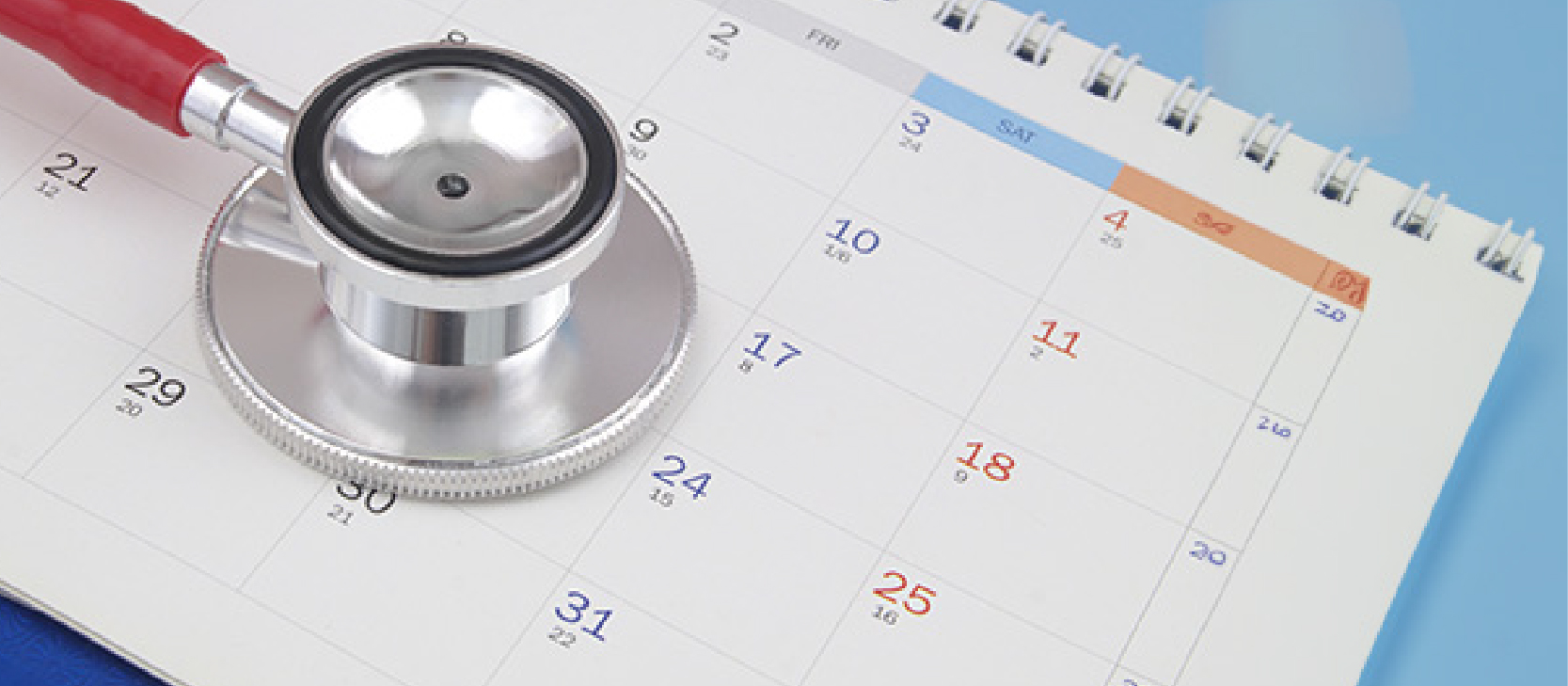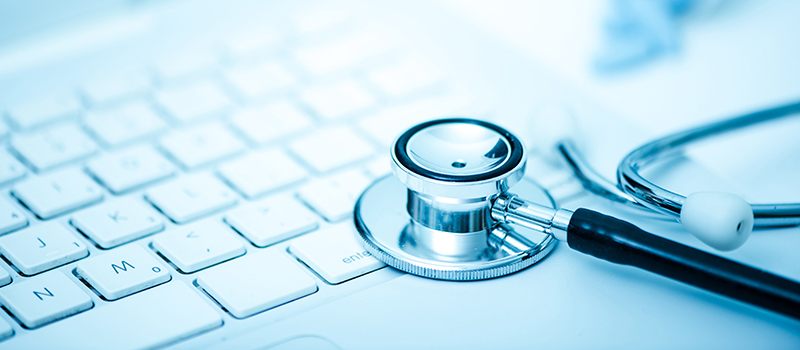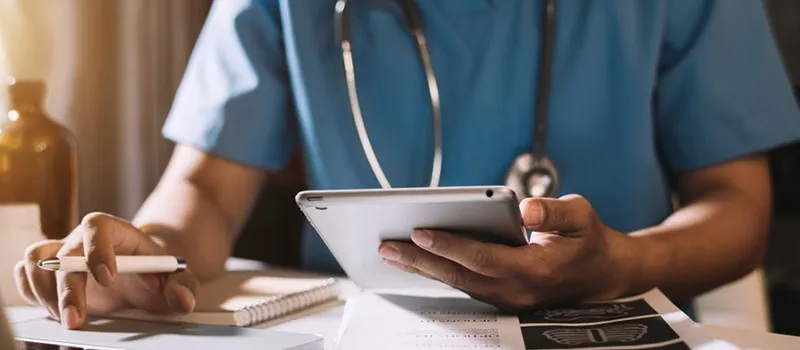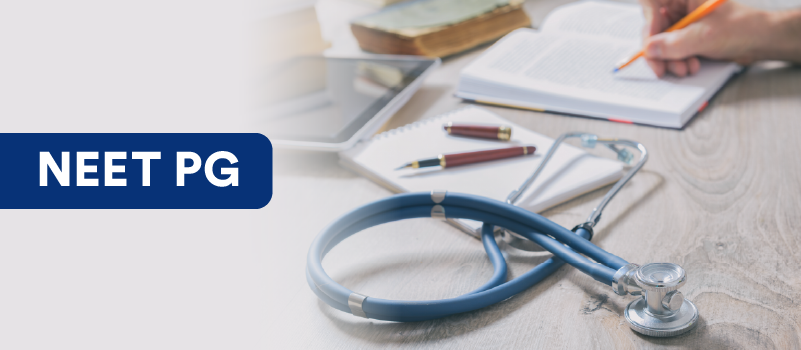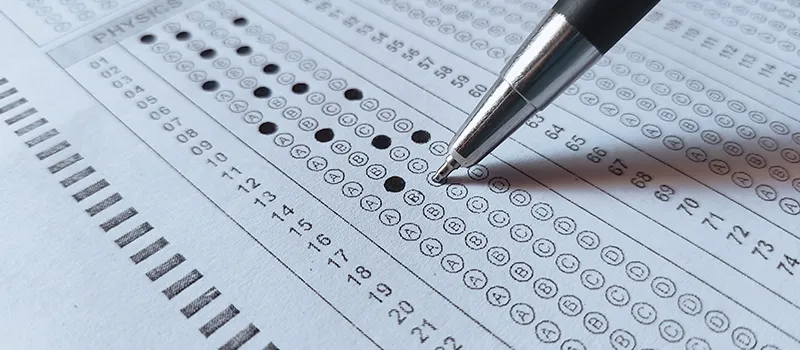NEET PG 2025 starts with a thorough understanding of exam pattern and syllabus. The overview of topics and how to efficiently cover the entire syllabus within the limited time available is crucial for medical students.
Finding which subjects carry most weightage is important for effective time management. Prioritizing high-weightage topics will allow you to focus on student’s efforts for maximizing the chances of success in examinations.
Various online platforms & institutes offer NEET PG coaching guidance, but not all deliver the same level of results. This blog will help you personalized learning plans with important topics to excel in the exam.
Also explore mastering the syllabus, consider integrating active learning techniques, like practice questions, group discussions, and regular revision with time management.
Let’s dive into this blog to gain a comprehensive understanding of NEET PG 2025 exam pattern, syllabus with subject wise weightage.
NEET PG 2025 Exam Pattern
NEET PG 2025 exam pattern is important for students as it provides insights into the structure of the final paper. Students need to familiarize themselves with marking schemes and overall exam format before getting into exam preparation for NEET PG 2025.
The current format consists of 200 questions, and it includes negative marking for incorrect answers.
| Number of Questions |
200 Questions |
| Types of Questions |
Multiple Choice Questions |
| Marks for Correct Answer |
4 Marks |
| Negative Marking for Incorrect Answer |
1 Mark |
| Time Duration of Exam |
3 Hours 30 Minutes |
| Total Marks |
800 |
| Mode of Exam |
Computer-based Mode |
NEET PG 2025 Subject-Wise Weightage of Questions
For preparing NEET PG 2025, it is important to understand the weightage of questions across different subjects. This information will help students to identify which subjects are important for the exam strategy.
The number of questions from each subject will provide a clearer perspective on where to focus more and help in time management strategies. Examine this information closely to optimize the study plan for next year.
| S. No. |
Subject |
Subject-Wise Weightage |
| Part A |
| 1 |
Anatomy |
17 |
| 2 |
Physiology |
17 |
| 3 |
Biochemistry |
16 |
| Part B |
| 1 |
Clinical Pathology |
25 |
| 2 |
Pharmacology |
20 |
| 3 |
Microbiology |
20 |
| 4 |
Forensic Medicine |
10 |
| 5 |
Social and Preventive Medicine |
25 |
| Part C |
| 1 |
General Medicine Including Dermatology, Venerology, and Psychiatry |
45 |
| 2 |
General Surgery Including Orthopedics, Anesthesia and Radiodiagnosis |
45 |
| 3 |
Obstetrics and Gynecology |
30 |
| 4 |
Pediatrics |
10 |
| 5 |
ENT |
10 |
| 6 |
Ophthalmology |
10 |
NEET PG 2025 Pre-Clinical Subjects
| Subject |
Topics |
| Anatomy |
- Gross Anatomy
- Osteology
- Muscular System
- Arthrology
- Cardiovascular System
- Respiratory System
- Digestive System
- Genito-Urinary System
- Endocrine System and Individual Endocrine Glands
- Nervous System and its components
- Special Sensory Organs
- Lymphatic System
- Surface Anatomy
- Cross-Sectional Anatomy
- Cross-sections of thorax, abdomen and pelvis to understand the interrelationship of organs and structures
- Microanatomy
|
| Biochemistry |
- Biological cells
- Biomolecules
- Enzymes
- Metabolic pathways, their regulation and metabolic interrelationships
- Carbohydrate metabolism
- Metabolism of Amino acid
- Lipid
- TCA cycle and biological oxidation, proteinoids
- Regulation of the metabolic pathways
- Food assimilation and nutrition, Hormones
- Molecular Biology, pH, Buffer, physiological buffer systems, Immunology
- Environmental biochemistry, cancer and cancer makers
|
| Physiology |
- General Physiology, Nerve–Muscle, Blood
- Respiratory System
- Cardiovascular System
- Gastrointestinal System, Nutrition
- Environmental Physiology
- Kidney
- Neurophysiology
- Sensory system
- Motor system
- Visceral and motivational system, EEG
- Sleep and higher nervous functions
|
NEET PG 2025 Para-Clinical Subjects
| Subject |
Topics |
| Pathology |
- Introduction to Pathology, Cell Injury
- Amyloidosis and Calcification
- Inflammation and Repair, Circulatory Disturbances
- Growth Disturbances and Neoplasia
- Immunopathology
- Infectious Diseases
- Miscellaneous Disorders
- Cardiovascular Pathology
- Respiratory Pathology
- Urinary Tract Pathology
- Pathology of the Gastro-Intestinal Tract
- Hematopathology, Liver and Biliary Tract Pathology
- Lymphoreticular System
- Reproductive System
- Osteopathology
- Endocrine Pathology
- Neuropathology
|
| Microbiology |
- Introduction to Microbiology
- Bacteriology, parasitology
- Virology and Mycology
- Bacterial Staining and Cultivation
- Common Tests for Bacterial Identification
- Laboratory Diagnosis of Viral Infections
- Common Laboratory Methods for Diagnosis of Fungal Infections
- Collection of Transport of Samples
- Host-Parasite relationship
- Bacterial and Viral Genetics
- Immunity to infection
- Immunodiagnostic
- Vaccines
- Sterilization and disinfection
- Bacteriology of water and air
- Microorganisms associated with gastrointestinal infections (Bacteria, parasites, viruses and fungi)
- Gastrointestinal disorders caused by parasites
|
| Forensic Medicine |
- Forensic Pathology
- Clinical forensic medicine
- Medical Jurisprudence
- Forensic Psychiatry
- Forensic Sciences
- General, clinical, environmental and analytical toxicology
|
| Pharmacology |
- General Pharmacology
- Autonomic nervous system & Peripheral nervous system
- Central nervous system
- Autacoids
- Cardiovascular, Gastrointestinal and respiratory system
- Hormones, Chemotherapy, Immunomodulators
- Drug therapy of glaucoma and cataract
- Treatment of poisoning
|
NEET PG 2025 Clinical Subjects
| Subject |
Topics |
| Medicine Dermatology and Venerology |
- Common clinical disorders, drug therapeutics, diagnostic and investigative procedures
- Disorders of Pigmentation
- Allergic disorders
- Papulosquamous disorders
- Papule vesicular disorders
- Leprosy
- Fungal infections
- Scabies
- Pediculosis
- STD
- Malignant Skin disease
|
| Surgery, ENT, Orthopedics, Anesthesia |
- Metabolic response to injury
- Shock
- Blood and blood components
- Burns
- Wound healing and wound care
- Surgical infections
- Surgical Audit and Research
- Ethics
- Investigation of the surgical patient
- Pre, intra and post-operative management
- Metabolic response to injury
- Shock
- Blood and blood components
- Burns
- Wound healing and wound care
- Surgical infections
- Surgical Audit and Research
- Ethics
- Investigation of the surgical patient
- Pre, intra and post-operative management
- Skeletal Trauma, Polytrauma
- Fractures
- Musculoskeletal Infection
- Skeletal Tuberculosis
- Rheumatoid Arthritis and associated inflammatory disorders
- Degenerative disorders
- Metabolic bone disorders
- Poliomyelitis
- Cerebral Palsy
- Bone Tumours
- Peripheral nerve injuries
- Congenital lesions
- Procedural Skills
- Counselling Skills
- Anaesthesiology as a specialty
- Cardiopulmonary resuscitation
- Preoperative evaluation and medication
- General Anaesthesia
- Regional Anaesthesia
- Post-anaesthesia recovery
- Intensive Care Management
- Pain and its management
- Fluids
- Patient safety
|
| Radiodiagnosis and Radiotherapy |
- Identify and diagnose all aspects of Emergency Room Radiology, including basic hazards and safety precautions in radiodiagnostic practices
- Understand the essential role of various radiodiagnostic tools in medical practice, and explore different imaging techniques such as isotopes, CT, ultrasound, MRI, and DSA. Familiarize yourself with radioactive isotopes and
their physical properties
- Recognize the symptoms and signs of various cancers, as well as the steps involved in their investigation and management
|
| Ophthalmology |
- Anatomy and development of the eye
- Clinical methods in ophthalmology
- Optics and refraction
- Disease of the conjunctiva
- Disease of the cornea
- Disease of the sclera
- Disease of the Uveal tract, lens, Glaucoma, vitreous, Retina, Vision and neuro-ophthalmology, Strabismus and Nystagmus, Disease of the lids
- The disease of the lacrimal apparatus
- Disease of the orbit
- Ocular injuries
- Basic principles of ocular therapy
- Systemic ophthalmology
- Community Ophthalmology
- Miscellaneous Topics
|
| Pediatrics |
- Contraception
- Neonatology and Recent Advances
- Growth and development
- Nutrition
- Immunization
- Infectious diseases
- Hematology
- Respiratory system
- Gastro-Intestinal Tract
- Central Nervous System
- Cardiovascular
- Genito-Urinary, Neonatology
- Pediatrics Emergencies
- Fluid-Electrolyte
- Genetics
- Behavioral Problems
- Pediatrics Surgical Problems
- Therapeutics
|
| OBGYN |
- Basic Sciences-Normal & abnormal development
- Structure and function of female & male urogenital systems
- Endocrinology of the reproductive system
- Gametogenesis, fertilisation
- Role of hormones in Obstetrics & Gynecology
- Humoral and cellular immunology in Obstetrics & Gynecology
- Physiology of normal pregnancy, diagnosis of pregnancy
- Anemia in Pregnancy
- Carcinoma Cervix
- Epidemiology
- Staging diagnostic procedure
- Treatment of Menopause and related problems
- Contraception, Neonatology and Recent Advances
|
| Psychiatry |
- Behavioral Sciences
- Cognitive process and memory
- Thinking and problem-solving, Intelligence: General concepts and techniques for assessment
- Personality (Principles of Personality development) and objective testing of Personality
- Introduction and classification of Psychiatric disorder
- Etiology of Psychiatric disorders
- Drug and Alcohol dependence
- Personality disorders
- Counselling and psychological therapies
- Psychological testing
|
NEET PG 2025 Strategies for Preparation
- Take Mock Tests
- Create a study schedule
- Give priority to high-weightage topics first
- Study regularly at least for 2-3 hours
- Examine the syllabus properly
- Group discussion for clinical cases
- Take NEET PG mock test
- Make simple notes
- Practice previous year papers
- Maximize MCQs practice
- Understand the exam pattern
- Understand your weaknesses
- Stay healthy physically and mentally
For students preparing for NEET PG 2025, DigiOne offers essential foundational resources in key subjects, ensuring a solid understanding of crucial concepts. Meanwhile, DigiNeet provides targeted exam preparation with insights into the weightage of various subjects, helping students focus their study efforts effectively. Together, these platforms equip students with the knowledge and strategies needed to excel in their exams.
To know more about the course click on the link:
Your Guide At Every Step To Become The Top Doctor – DigiNerve
Frequently Asked Questions (FAQs)
Q1. Which subject has the highest weightage in NEET PG 2025?
Ans. General Medicine including Dermatology, Venerology and Psychiatry has the highest weightage in the NEET PG syllabus.
Q2. What is the most demanding branch in NEET PG?
Ans. General Medicine is a demanding field that deals with the diagnosis and treatment of a wide range of diseases and conditions in adults.
Q3. Which MD branch has highest salary in India?
Ans. Cardiologists are the highest paid doctors in India. Cardiologists play a critical role in managing heart health, a vital organ. The demand for their expertise remains consistently high.
